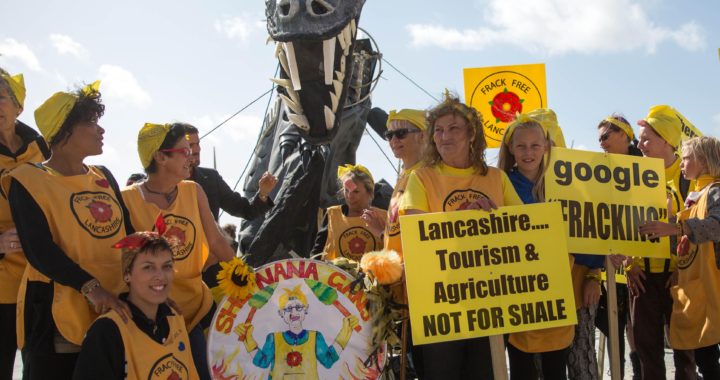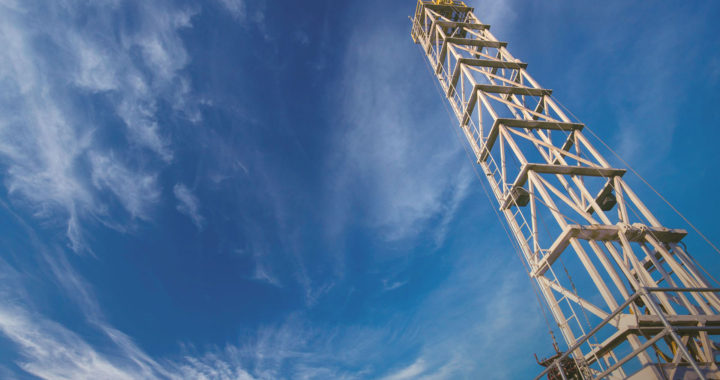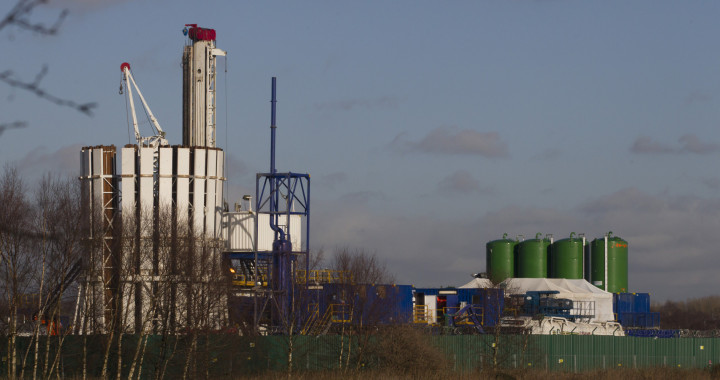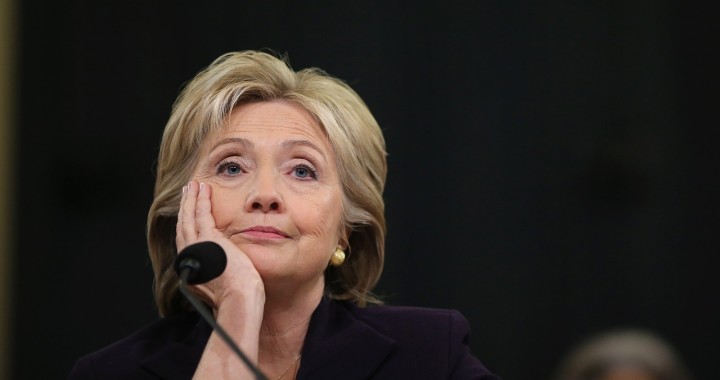It’s been a really tough year for people hoping to expand fracking projects in the United Kingdom. 2016 began with Greenpeace dropping a fracking installation piece in Parliament Square, and it’s looking to end with one of the most aggressive anti-fracking campaigns ever launched. Or so it may seem.
Though fracking has been practiced by the United Kingdom to some extent since the 1970’s, the government’s latest attempt to launch new fracking projects within its borders has met with extreme resistance. Those people who may have hoped to profit from the expanded fracking projects may need to look elsewhere, and those who may have been a little worried about another nation actively seeking their own source of shale gas may not have much to worry about when all is said and done.





